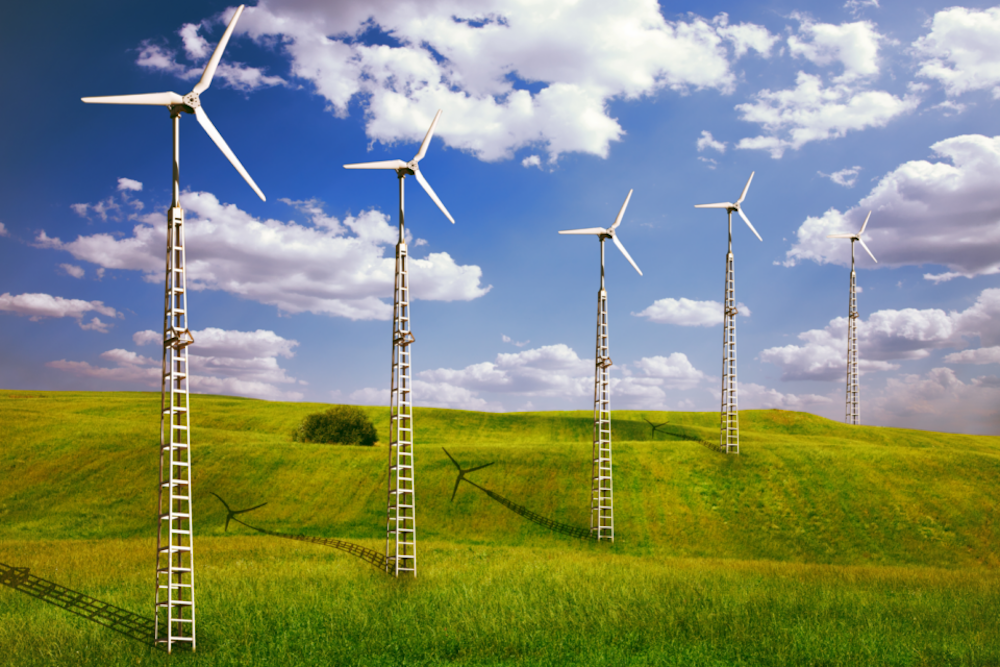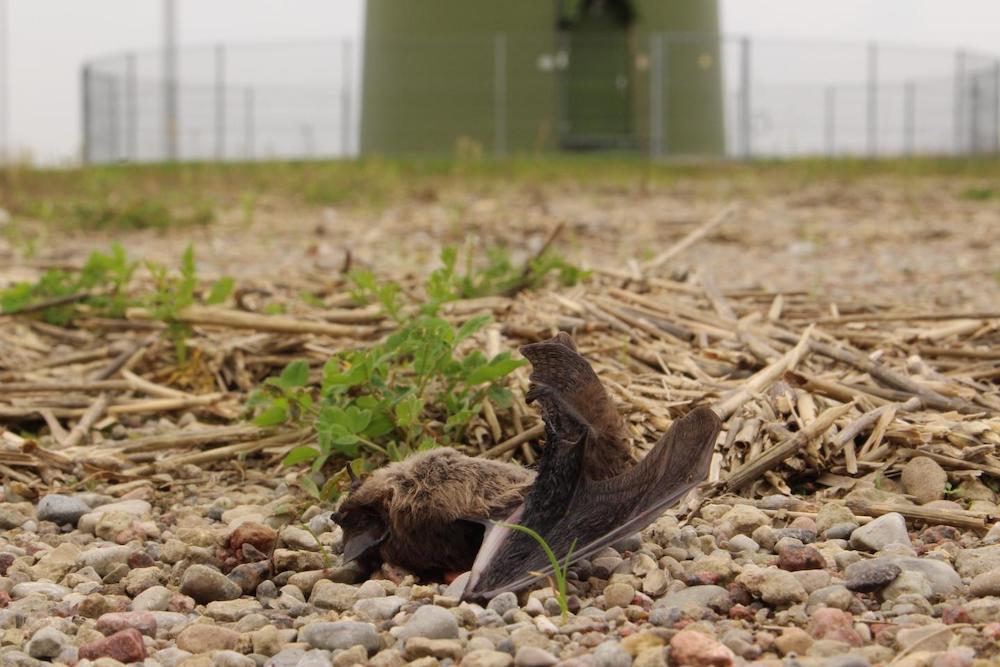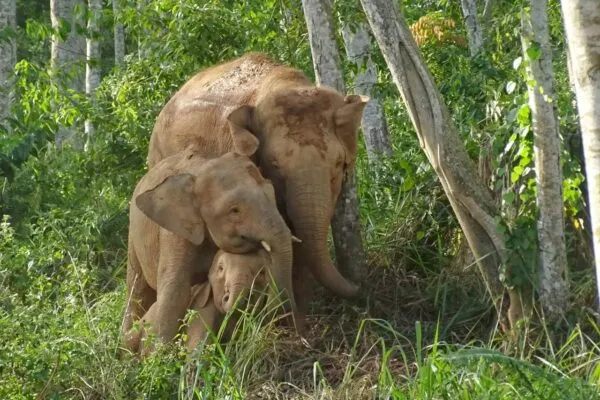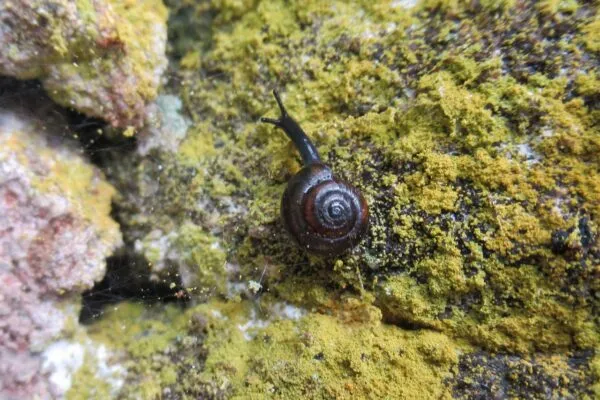Increasing Bat Deaths at Wind Turbines Impact Natural Food Chains
Leibniz Institute for Zoo and Wildlife Research (Leibniz-IZW) mentions that disruption of food chains due to bat deaths will lead to worse consequences in forestry and agriculture

Image: Earth
In a shocking discovery, several bats are dying due to wind turbines in Germany. Led by the Leibniz Institute for Zoo and Wildlife Research (Leibniz-IZW), the study found that the increasing number of deaths of bats will harm the populations of their species. It will also lead to far-reaching consequences in forestry and agriculture in rural areas. As bats play a significant role in the natural regulation of the insect population, their loss will make ecosystems highly vulnerable while impacting the biodiversity of the region.
The study is published in the journal Conservation Science and Practice. For the study, the experts analyzed the natural prey spectrum of common noctule (Nyctalus noctula), which are dying in large numbers at German wind turbines. The researchers analyzed the stomach content of around 17 of these bat species.
After the analysis, they found around 46 insect species’ (from moths to beetles) DNA traces. 20 percent of these insects, including the chestnut fruit moth (Cydia splendana) are the common pests in the forestry and agriculture industry. And, the declining number of bats means increasing numbers of these pest species.

Image: Eurek Alert
According to co-author Christian Voigt, a wildlife biologist at Leibniz-IZW, over 200,000 bats are dying every year. If the bat deaths continue in such large numbers, very soon the insect pests will increase – as no bats will be there to consume them.
The wind power and energy product systems are very helpful to reduce greenhouse gas emissions. But their disruption to natural food chains by bat casualties could have a serious impact on various other plant and animal species. However, the consequences of such an incident are not clear yet. But it will surely lead to regrettable results because this transformation is taking place on a grand scale in German landscapes.
So, researchers still have to understand the impact of the energy transition on the biodiversity in such habitats. However, one step to conserve the bats is to implement mandatory shutdowns on regional wind turbines when bats are highly active. Such actions can limit the negative results on ecosystems due to energy transformation by wind power.
Via: Earth


